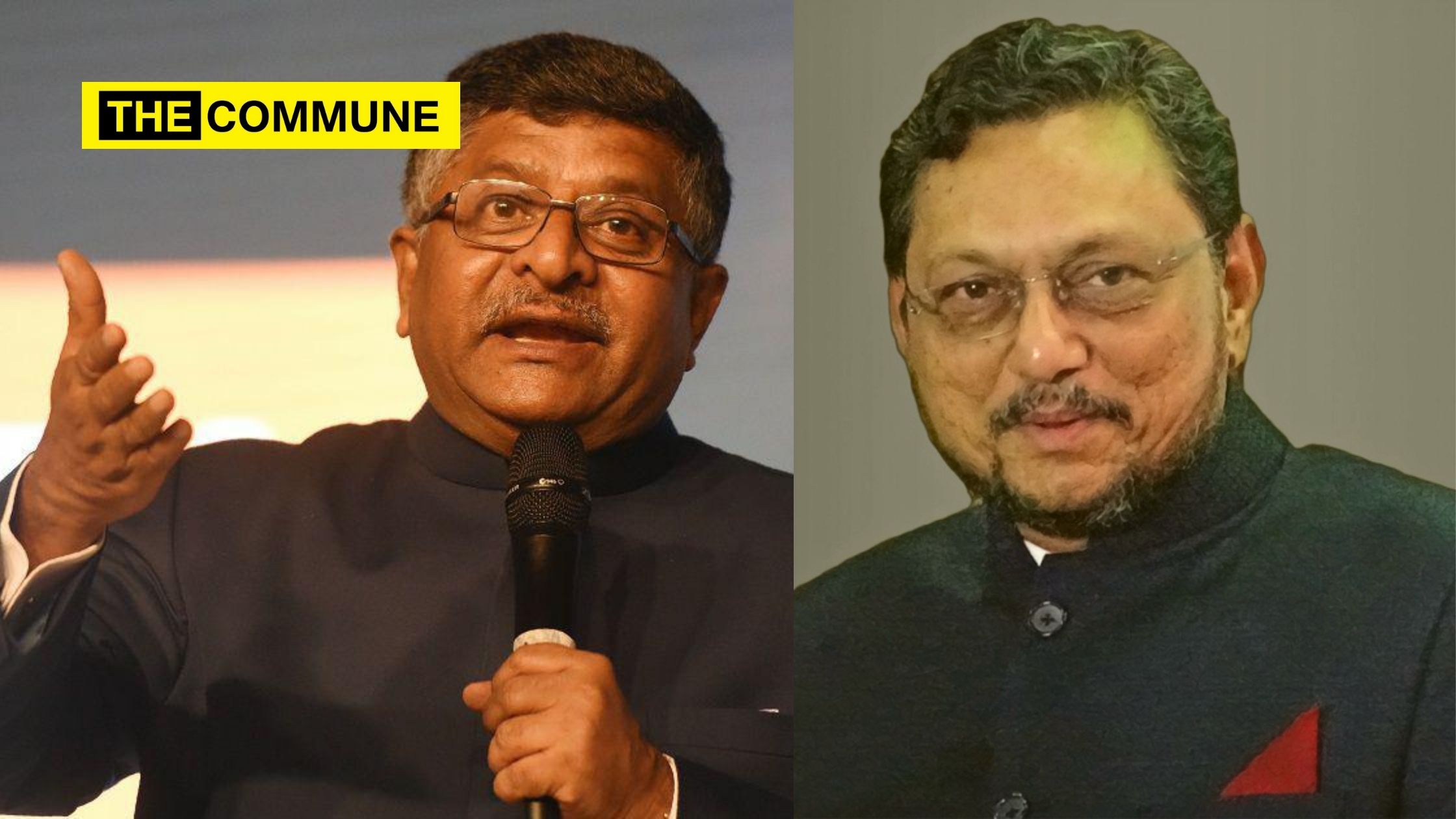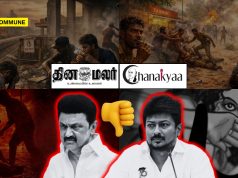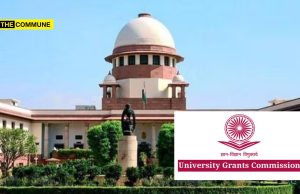
The timeline of Goa’s liberation from the colonial Portuguese yoke sparked some light debate between Union Law Minister Ravi Shankar Prasad and Chief Justice of India (CJI) SA Bobde. Both were addressing the public and the media at an event on Saturday, marking the inauguration of a new complex for the Bombay High Court bench in Goa.
Prasad, in his speech at the inauguration function on Saturday, called for an appraisal of the reasons behind the ‘delay’ in the liberation of Goa. Goa was freed from Portuguese colonialism in 1961, a good fourteen years after India attained independence in 1947.
“One question has baffled me always. India became free in 1947. Why did Goa have to wait till 1961? When India’s independence is close to 75 years and we are celebrating the 70th year of India’s independence, it is time to have an honest appraisal, why Goa’s liberation took so long?” Prasad proclaimed.
“We have the best relations with Portugal, we wish them well. Many of the Portuguese PMs are from Goa, it is a matter of great pride. That relationship is there, it should continue, but there has to be an honest appraisal. I thought today I must flag that concern.” Prasad said.
The 14-year ‘delay’ in the Liberation of Goa has been raised by BJP leaders in the past, including Chief Minister Pramod Sawant. Sawant has blamed the leadership of former Prime Minister Jawaharlal Nehru for prolonging the integration of Goa with an independent India.
However, in his speech, CJI Bobde said that unlike the liberation of the then princely state of Hyderabad, Goa’s liberation was a relatively conflict-free affair.
Bobde, who has served in Goa as a visiting justice of the Bombay High Court in the past, responded by saying that Goa may have been liberated some years after 1947, but added that the most significant issue was that the transition of power was virtually bloodless.
“It may be later than the rest of the country, but the most significant thing I think about the liberation of Goa is that it was completely bloodless. No shots were fired, no corpses carried away, when the Liberation took place,” Bobde said.
“A few incidents did take place, but basically it was not a conflict between the two armies, which is very different from the liberation in other places like Hyderabdad,” he stated.
Click here to subscribe to The Commune on Telegram and get the best stories of the day delivered to you personally.




